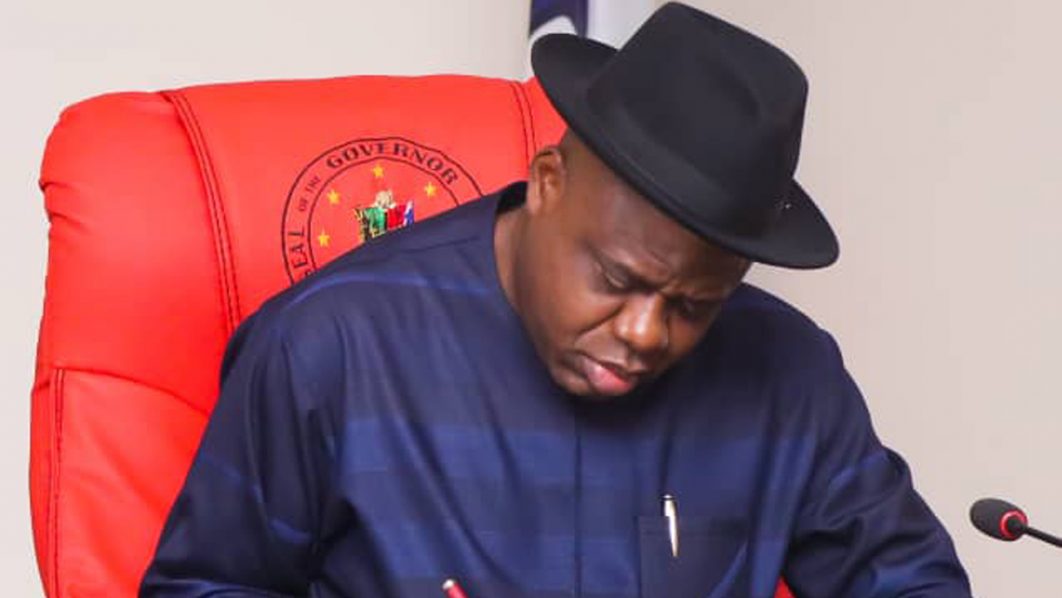
He stated this at the weekend in Kaiama during a reception for Bayelsa State Governor, Douye Diri, by his kinsmen in Kolokuma-Opokuma Council.
A statement by Governor Diri’s Chief Press Secretary (CPS), Daniel Alabrah, quoted Jonathan as citing Singapore, whose founding Prime Minister, Lee Kuan Yew, transformed the country from Third World to First World through education.
He said his administration established 13 federal universities across the country and no fewer than 140 schools for the Almajirai in the north between 2011 and 2015 due to the importance he attached to education.
His words: “Education is key to development. If you read the history of Singapore, you will see that Lee Kuan Yew, who transformed his country from Third World to First World, focused on education.
“When you liberate the mind of the people, they will be so enlightened and be able to do the right thing. So, I assure Governor Diri that we will work with him to improve the quality of education in Bayelsa State.
“Bayelsa is relatively young, being one of the states created by the late General Sani Abacha in 1996, but a lot of changes have taken place and we believe that Diri would continue to add more.
“Before Bayelsa was created, there was no major tertiary institution in the state. But today, we have four universities and other educational infrastructure.”
While commending the governor’s performance in his first year in office, Jonathan restated his call on politicians to put aside hatred and embrace peace for the overall good of the people and the development of the state.
Responding, Governor Diri thanked his kinsmen for honouring him, describing Kolokuma-Opokuma Council as the epicentre of the struggle of the Ijaw people, and for justice and equity.
He recalled the experience of the Odi massacre when the military killed people, burnt houses and destroyed means of livelihoods in the name of searching for criminals and thanked Jonathan for releasing funds for the rebuilding of Odi, while he was president.
He also recalled the prominent roles of Kolokuma-Opokuma sons like the late Isaac Boro and Captain Samuel Owonaro in the Ijaw and Niger Delta struggle, as well as during the Kaiama Declaration in December 1998, when the acting Paramount Ruler of Kaiama, Chief Sergeant Ofoniama, was murdered by the military.
Governor Diri, who announced the appointment for a daughter of the slain chief, Gesi Ofoniama, charged the people to realise that the price of the struggle for the emancipation of the Ijaw man, justice and equity in the country was not in vain, as God had divinely ordained one of their own as governor.
Soliciting the support of the Kolokuma-Opokuma Council and other councils of the state, he expressed appreciation to Jonathan for showing exemplary leadership and for supporting his administration and former Governor Seriake Dickson for being instrumental in his becoming governor.
In his goodwill message, the Deputy Governor, Lawrence Ewhrudjakpo, pledged his support to Governor Diri and for the administration to succeed in its development agenda, while chairman of the occasion, Gesi Asamaowei, urged stakeholders to support the state government with their wealth of experience.



